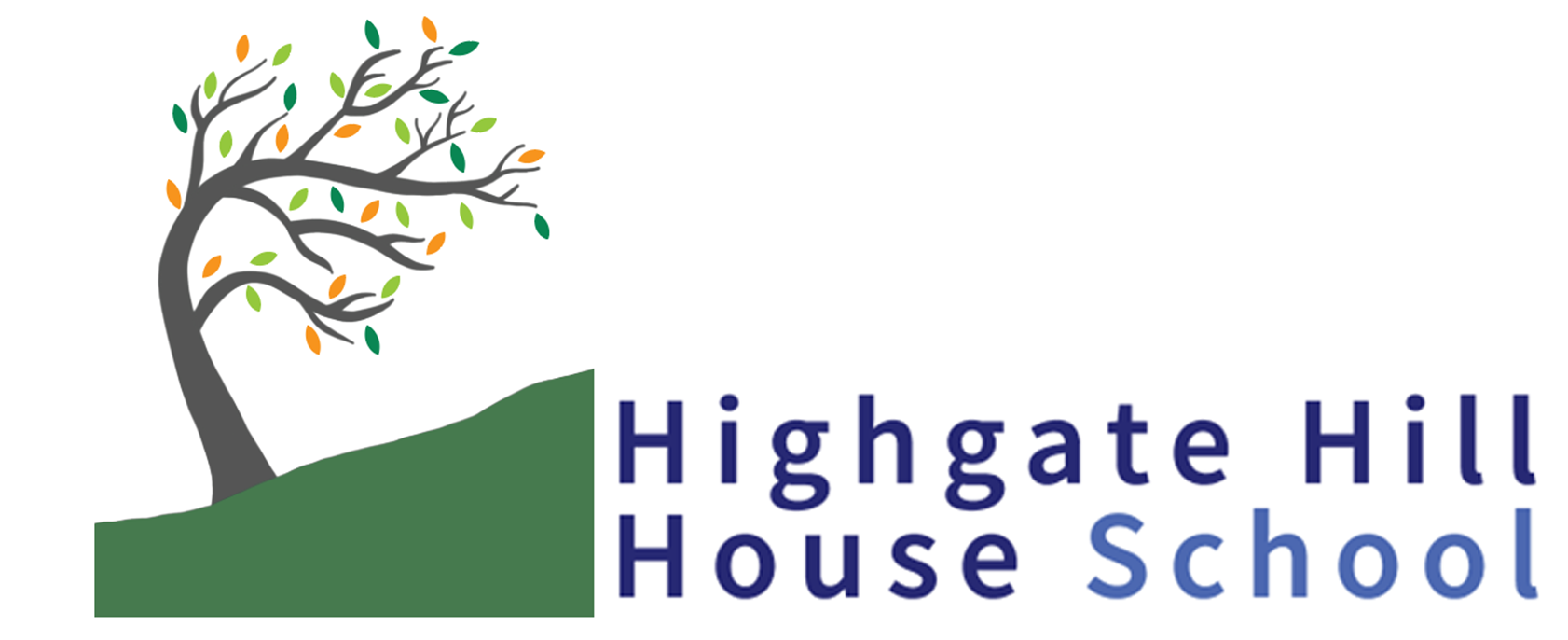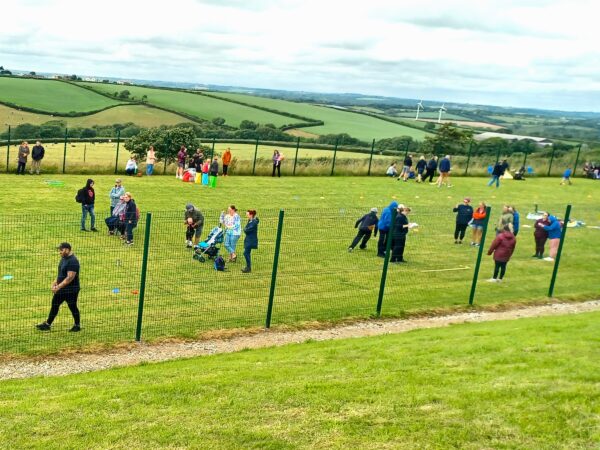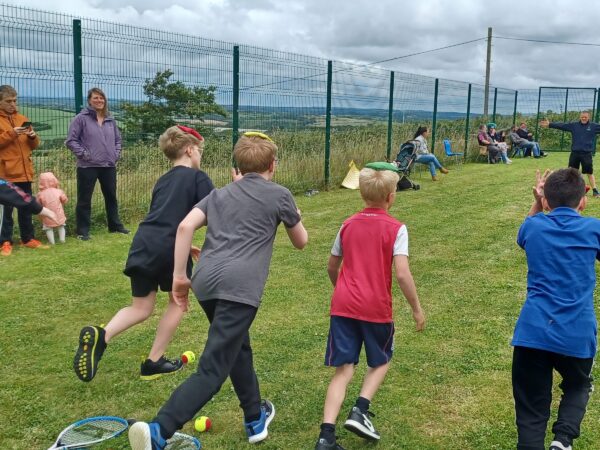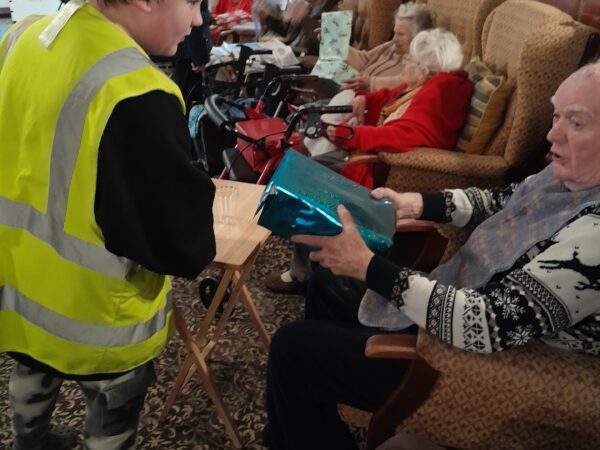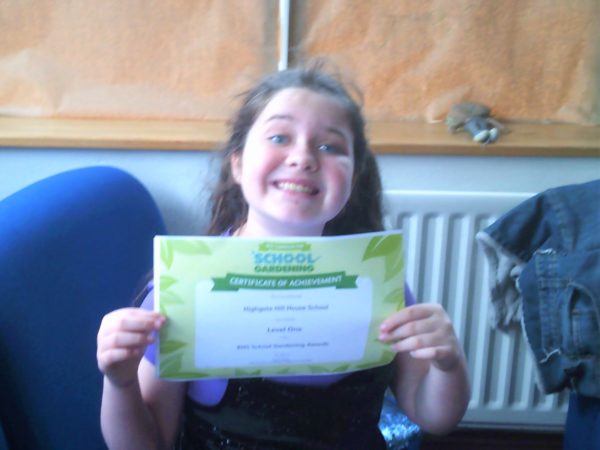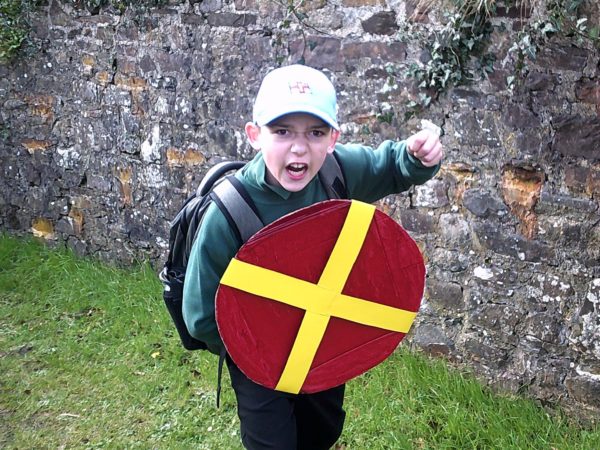PHSE
At Highgate Hill House School, we teach Personal, Social, Health Education as a whole-school approach to underpin children’s development as people and because we believe that this also supports their learning capacity.
The Jigsaw Programme offers us a comprehensive, carefully thought-through Scheme of Work which brings consistency and progression to our children’s learning in this vital curriculum area.
Jigsaw covers all areas of PSHE for the primary phase including statutory Relationships and Health Education. The table below gives the learning theme of each of the six Puzzles (units) and these are taught across the school; the learning deepens and broadens every year.
| Term | Puzzle (Unit) | Content |
| Autumn 1: | Being Me in My World | Includes understanding my own identity and how I fit well in the class, school and global community. Jigsaw Charter established. |
| Autumn 2: | Celebrating Difference | Includes anti-bullying (cyber and homophobic bullying included) and understanding |
| Spring 1: | Dreams and Goals | Includes goal-setting, aspirations, who do I want to become and what would I like to do for work and to contribute to society |
| Spring 2: | Healthy Me | Includes drugs and alcohol education, self-esteem and confidence as well as healthy lifestyle choices, sleep, nutrition, rest and exercise |
| Summer 1: | Relationships | Includes understanding friendship, family and other relationships, conflict resolution and communication skills, bereavement and loss |
| Summer 2: | Changing Me | Includes Relationships and Sex Education in the context of coping positively with change |
At Highgate Hill House School we allocate 90 mins to PSHE each week in order to teach the PSHE knowledge and skills in a developmental and age-appropriate way.
This also supports the “Personal Development” and “Behaviour and Attitude” aspects evaluated under the Ofsted Inspection Framework, as well as significantly contributing to the school’s Safeguarding and Equality Duties, the Government’s British Values agenda and the SMSC (Spiritual, Moral, Social, Cultural) development opportunities provided for our children.
Class teachers deliver the weekly lessons to their own classes.
RSE
RSE, as part of the PSHE education curriculum, is vital to the development of the young people in our school. The planned programmes are designed to help them deal with the difficult moral, social, and health-related issues that arise in their lives and in society. They also help learners to develop the knowledge, skills and understanding they need to live confident, healthy, independent lives as individuals, parents, workers, and members of society. Effective RSE is a key component in our approach to safeguarding our learners through the curriculum. The secondary age group is considered vulnerable with respect to the specific safeguarding issues of child exploitation (CCE and CSE) and child on child abuse, including teenage domestic violence.
Effective RSE can make a significant contribution to the development of the personal skills needed by learners if they are to establish and maintain relationships. It also enables young people to make responsible and informed decisions about their health and wellbeing.
Specifically, our RSE curriculum:
- Provides a framework in which sensitive discussions can take place.
- Prepares learners for puberty and gives them an understanding of sexual development and the importance of health and hygiene.
- Helps young people develop feelings of self-respect, confidence, and empathy.
- Creates a positive culture around issues of sexuality and relationships.
- Teaches and confirms the correct vocabulary for young people to describe themselves and their bodies.
Parents have the right to request children are removed from lessons teaching certain elements of RSE. Information on this can be downloaded here.
